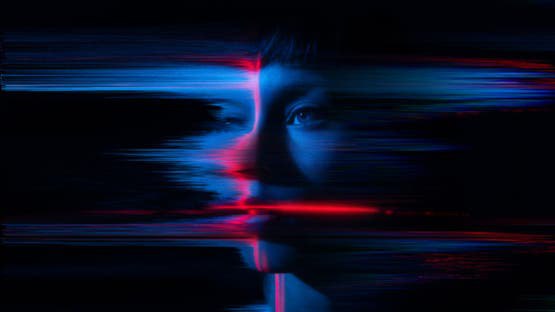New Study Uncovers How Some People Remember Faces with Remarkable Precision

Have you ever met someone briefly, only to find out later that they could recall your features in remarkable detail? These individuals, known as "super-recognizers," have been the focus of a recent study that uncovers the mechanisms behind their extraordinary ability.
A study published in 2025 in the Proceedings of the Royal Society of Sciences – Section B, conducted by a team from the University of New South Wales (UNSW) in Australia, found that those with this ability do not simply look at faces more than others; rather, they observe them more intelligently.
Precise Focus, Not Longer Glances
Utilizing eye-tracking technology, researchers examined the eye movements of 37 individuals with exceptional face recognition skills compared to 68 individuals with average abilities. The findings revealed that super-recognizers immediately focus on the most distinctive details: subtle curves, precise distances between features, and the contours of the eyes and mouth—elements that make a face unique among millions.
According to lead researcher James Dunn, this ability is not dependent on training or conscious effort; it operates automatically and is hardwired in the brain.
Algorithms Learning from Them
To delve deeper into the findings, scientists fed eye-tracking data into machine learning algorithms, discovering that these models became more accurate when trained on the fixation patterns of super-recognizers compared to those of average individuals.
The study suggests that this visual advantage may begin at the earliest stages of image processing, potentially at the level of the retina itself.
Decomposing and Reconstructing Faces
These results align with previous studies from the same team, indicating that super-recognizers process faces as if they were pieces of a puzzle: they first break them down and then the brain reassembles them into a unified image. The researchers liken this process to a "caricature" style that emphasizes distinctive traits to aid recognition.
While these findings may eventually contribute to the development of facial recognition systems, scientists assert that humans still surpass artificial intelligence in their ability to pick up social and contextual cues.
Evidence also suggests that there may be genetic roots to this skill, which has played a significant role in the social behavior of many primate species.
Thus, the study adds a new piece to the puzzle of understanding one of the brain's most complex abilities: how we distinguish a face among millions and why some individuals excel to the point that it seems almost supernatural.
